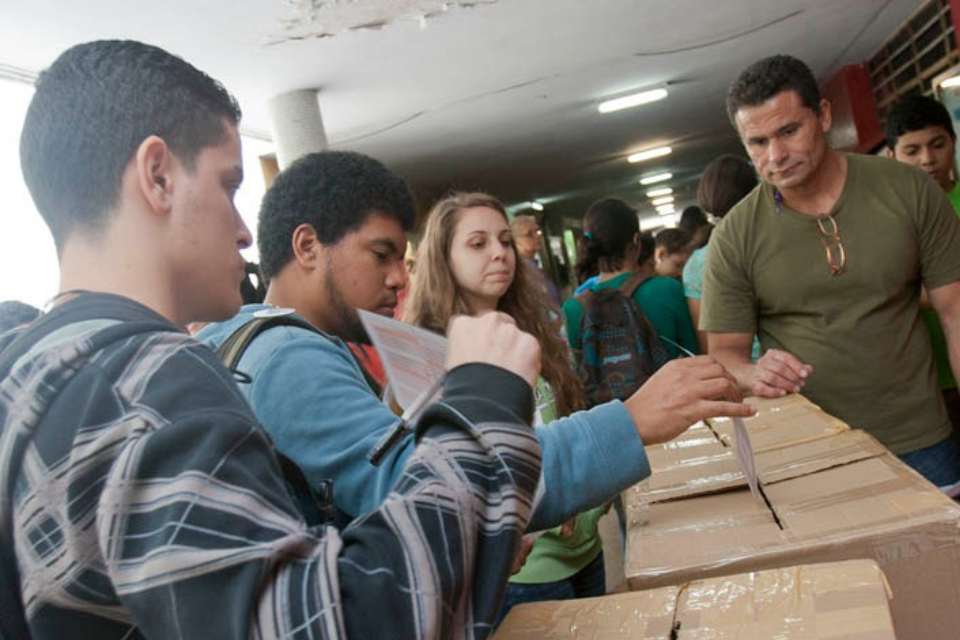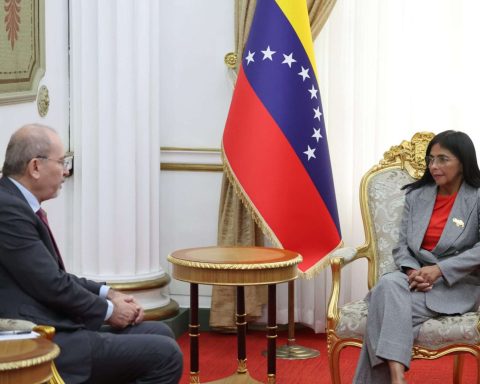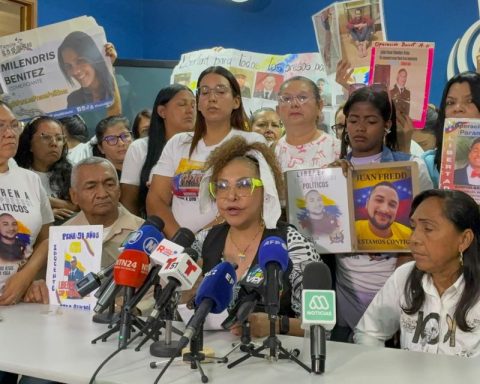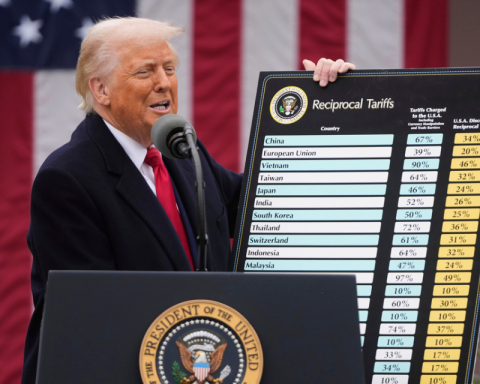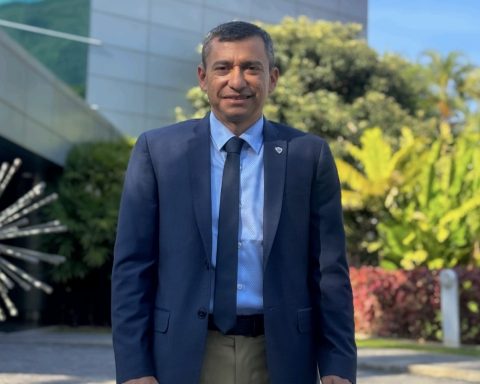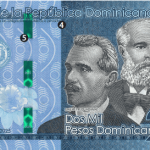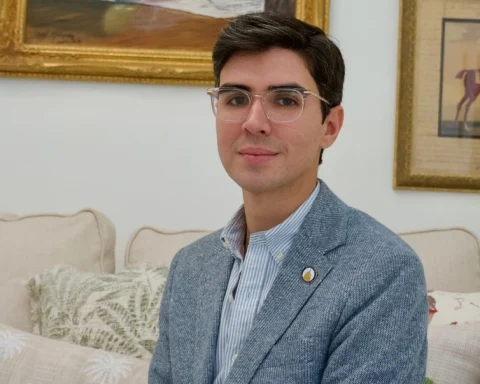Expired periods, interim positions and many delays that prevent the renewal of authorities is the balance after the ruling of the Supreme Court of Justice that has prevented the holding of elections in the autonomous universities
The elections at the Central University of Venezuela (UCV) have been a milestone after more than a decade without holding them, as a result of the decision of the Supreme Court of Justice to prevent elections until the electoral regulations of each house of study are adapted.
The renewal of authorities in the UCV revived the discussion in all the universities of the country. Miguel Barone, director of the Todos por la Educación alliance, recalls that 15 years went by without holding elections in the UCV, although he points out that in 2021 the representation of students, graduates and the association of university professors was renewed. «Let’s not forget that in the case of student representation, their period is already half over. Its validity period is one year.
But, 15 years without elections not only greatly deteriorated university autonomy, but also left the rectoral quarter halfway and a good part of the deaneries headed by “in charge” figures. For example, eight of the 11 deaneries already had interim authorities in charge.
Regarding the difficulties and limitations, the director of Todos por la Educación, pointed out that the volume of students has decreased at the UCV and that has an impact, although the number of graduates continues to grow. He assures that complexity continues to exist due to the prevailing precariousness.
«The first round with everything and its delays in the vote count was positive, although they use quite old optical machines and they are not in the best condition to read all those votes. That day what failed was the logistics. There are no clear enough answers about what happened that day, but everything indicates a lack of budget and organization time.
Barone, in his look at the regions, explains that you have to have the will to reach midpoints and unlock the university electoral system.
A similar scenario is experienced in Lara. Juan Quintero, representative of Todos por la Educación in the region, explained that in the case of the Antonio José de Sucre Polytechnic Experimental University, the four authorities remain and have expired for years.
At the Lisandro Alvarado Central Western University (UCLA), the situation is much more dense. “There are more than 13 years without holding elections,” says Quintero, who reports that the first absence in the rectory train occurred in 2014 when the secretary resigned from office. At that time, the University Council and the rector chose a new secretary, with the support of the ministry and the authorities.
*Read also: Observatory of Universities: “Careers for political development are excluded”
In 2017 the rector passed away, leaving only both vice rectors as the only original elected positions. At that time, the academic vice chancellor assumed the position, but in 2020 she resigned. “In other words, the administrative vice-rector is also the academic and the rector.”
For now, Quintero has met with members of the union sector to learn their perspectives on the future electoral process. He has also spoken with professors with electoral pretensions.
In the case of the Universidad de Oriente (UDO) the scenario is not far from the previous ones. Nicolás Millán is the leader of that house of studies and an ally of Todos por la Educación, who specified that the UDO has not been renewed since 2006. “One day before the elections to renew the authorities of the Supreme Court of Justice, He drew the famous sentence”.
Since then, the student movement has been demanding government and co-government elections, through letters that have been introduced to core and university councils, in student assemblies, in the media. The answer has always been the same: no, due to the ruling of the TSJ.
The last letters and communiqués published were in 2018. These demands are currently being reactivated again after the effect that occurred at the UCV.
Without hesitation Millán responds that in all this time university autonomy has been lost. “There is a disconnection between the authorities and the university and its people. They do not feel represented since they have no one to watch over their rights.”
It exemplifies that the inactivity of the university transport and other areas such as the dining room or the bathrooms is proof of this disconnection. “There were students who had to relieve themselves in the mountains due to this situation.”
At least a week ago, Millán tried to talk with the authorities to find out if resignations or absences had occurred within the quartet or the deans and how they had been resolved, however they have not been able to receive the leader because they are “busy”.
At the University of Carabobo (UC) steps have already been taken. Publicly on June 12, the University Electoral Commission (CEU) presented a statute before the University Council, which was discussed on June 16. It is about the transitory statute for the election of authorities of the University of Carabobo.
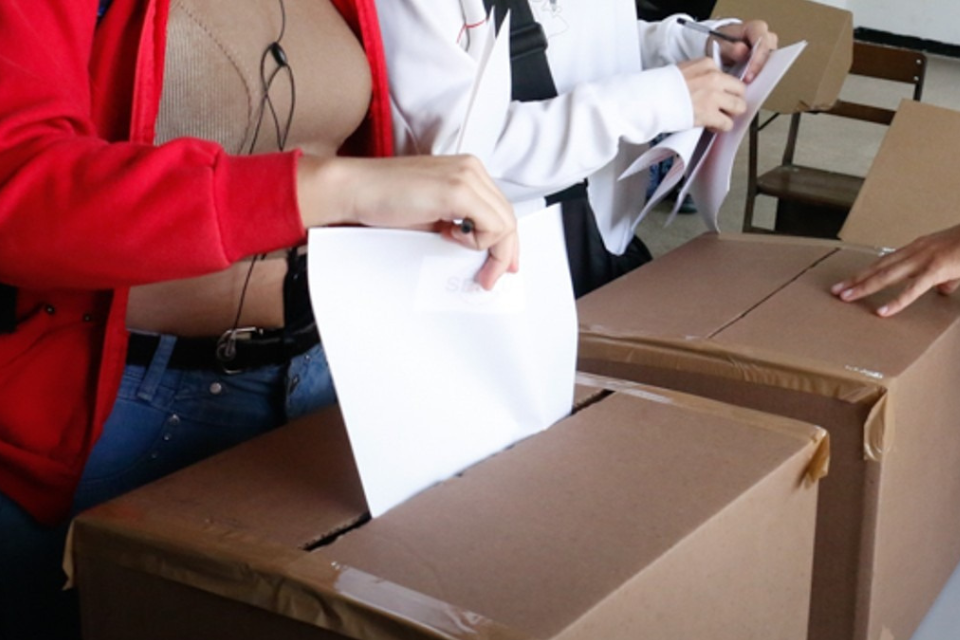
Once the approval is obtained, the schedule of activities will be announced. The elections are expected to be by the end of November, Evelin Ruíz, president of the commission, told the media.
At UC, the elections will be held in batches, the first will include the 18 senior positions, broken down into four rectors, the seven deans and the seven members of the Appeals Council.
While in 2024 they estimate that they would vote to choose the teacher representatives. Said elections would be of two rounds in the event that the candidates do not obtain 50% plus 1 of the votes, as established by law and the manual method will be chosen to carry out the elections.
The president of the commission explained that the percentage for the elections will be: 25% for students, 10% for administrative staff, 10% for workers and 5% for graduates. Teachers are 1 to 1.
In addition, they reported that during the UCV elections, UC members attended the elections to monitor the process, as was the case with the rector Jessy Divo de Romero, who attended the voting as an observer.
Post Views: 461
